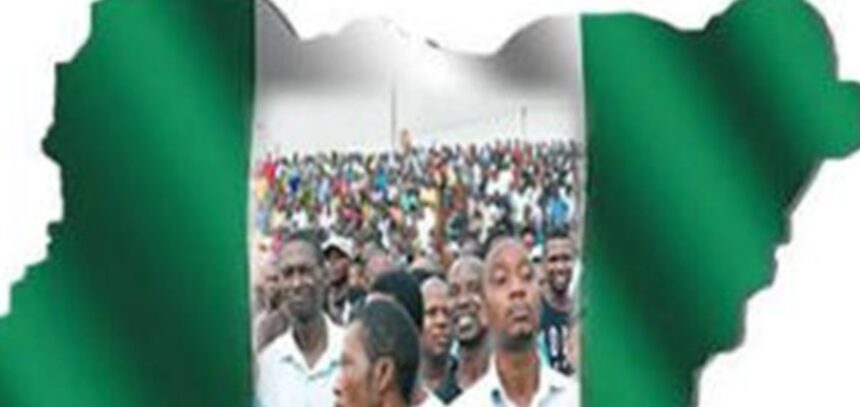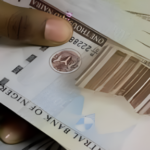Experts in the health sector have condemned many Nigerians for their poor attitude towards registering for a health insurance scheme, saying a study has shown that payment for health on a yearly basis is making numerous Nigerians poor.
The stakeholders explained that this was so because the cost of accessing healthcare, especially surgery, was very expensive, saying with the current economic situation, Nigerians paying for surgery out-of-pocket were financially strained.
Those who spoke at the 45th Annual Scientific Conference, with the theme: ‘Overcoming Obstacles to Quality Healthcare Delivery For Surgical Patients,’ organised by National Orthopaedic Hospital Igbobi, NOHIL, in Lagos, included State Coordinator of National Health Insurance Agency, NHIA, in Lagos State, Dr Abraham Bethuel-kasimu; Medical Director of NOHIL, Dr Mustapha Alimi; and Managing Director of Monitor Health Care, Dr Femi Ogunremi.
They also argued that the poor economic situation was adversely affecting the ability of the citizenry to pay for healthcare, and called for a system that provides quality healthcare for Nigerians at an affordable fee.
Speaking at the event, Bethuel-Kasim said: “Talking about insurance as a panacea for the surgical patient, the cost of accessing surgery is, I shouldn’t use the word prohibitive, but quite expensive. Even surgeries that you may consider minor are quite expensive to access considering the economic situation in which we are.
“If you look at the average family household income in Nigeria, it is such that if somebody accessed just one surgery and they pay for that surgery out-of-pocket, it will surely impoverish them. In Nigeria, a study has shown that about 65 per cent of Nigerians are being impoverished by payment for health on an annual basis. We have two categories – catastrophic health expenditure and impoverishing expenditure.
“Any spending made on health care that takes one below the poverty line is impoverishing. Any spending one makes on healthcare that is more than 10 per cent of one’s income or household income is catastrophic. So, any surgical procedure you want to look at, there are some people whose monthly income or yearly income put together cannot access a simple surgical procedure. Therefore, health insurance is the only tool that we have in us to take care of such situations.”
On his part, Alimi, represented by a consultant plastic and constructive surgeon at NOHIL, Dr Taiwo Osisanya, lamented that less than seven per cent of Nigeria’s population was covered by health insurance.
Osisanya said this was although health financing was a major challenge in the country, noting that most people still pay out of their pockets to access quality healthcare.
He said: “The poor economic situation is adversely affecting the ability of the citizens of this country to pay for healthcare. Fewer people are coming to hospitals. They choose alternative means that may seem cheaper, but end up coming when they have no funding. The economy has actually impacted negatively on the ability to afford financial care.
“Our economy is not in the best state, and that has made it much more difficult for various levels of government and the private sector to finance the health challenges of their workers and the citizenry. We also have a problem with resources. The government is doing what it can, but it will not always be enough. Other members from the private sector should be encouraged to contribute to good health delivery.”


